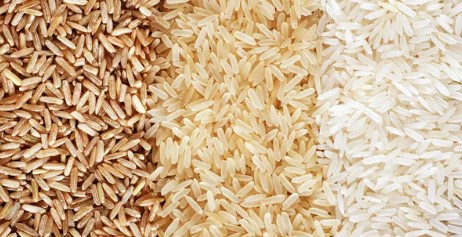
Rice exporters urge Indian government to lift bans on non-basmati white rice exports and adjust parboiled rice duties amid surplus stocks and competitive pressures from global markets. They have cited a significant surplus in rice inventories held by the Food Corporation of India (FCI), currently at three-and-a-half times the required buffer.
Rice exporters have urged the central government to lift the ban on the export of white rice and broken rice, and to adjust the duty structure for parboiled rice, citing a significant surplus in inventories held by the Food Corporation of India (FCI)—which currently stand at three-and-a-half times the required buffer.
During a meeting with government officials, Rajiv Kumar, president of The Rice Exporters Association (representing non-basmati rice), stated, “We have asked the central government to lift the ban on the export of white rice and non-basmati aromatic rice. To discourage undervaluation, we have also proposed that a specific amount of duty be imposed on the quantity of parboiled rice exported, rather than the current flat 20% duty on the value of exports.”
Since last year, rice prices have seen double-digit inflation at both retail and wholesale levels. India, the world’s top rice exporter, initially banned the export of broken rice in August 2022 to ensure adequate domestic supply. This was followed by a prohibition on non-basmati white rice exports in July 2023, a 20% export duty on parboiled rice in August 2023, and restrictions on basmati rice through a minimum export price.
With the FCI currently holding 50.5 million metric tons of rice, compared to a buffer requirement of 13.5 million metric tons, Kumar expressed concerns about accommodating procurement of the upcoming kharif crop, expected to be robust due to favorable monsoon forecasts. He also noted that competitors like Myanmar, Thailand, and Vietnam are gaining ground in markets previously dominated by Indian exporters.
Exporters urge India to lift bans on non basmati rice exports
